Standardized Weights (For Balance Scales)
₦29,950.00
40 people are viewing this product right now
🔥 8 items sold in last 3 hours
Standardized Weights (For Balance Scales) are used to calibrate balance scales to ensure accurate measurements. They are made from high-quality materials and are calibrated to meet international standards. they are essential for businesses and organizations that need to weigh materials accurately, such as laboratories, manufacturing facilities, and retail stores.
Benefits of standardized weights:
The benefits of using standardized weights include:
- Accurate measurements
- Increased productivity
- Improved quality control
- Reduced costs
- Compliance with regulations
Buy more save more!
Buy from 5 to ∞ items and get 5% OFF
on each productStandardized Weights (For Balance Scales) are weights that have been precisely calibrated to a known value. They are used to calibrate balance scales, ensuring that the scales are accurate and reliable. they are also used to verify the accuracy of weighing instruments, track weight loss or gain over time, conduct quality control tests, and comply with regulations.
they are made from high-quality materials, such as brass, steel, or tungsten. They are typically coated with a protective layer to prevent corrosion. Standardized weights are available in a variety of weights and sizes, from a few grams to several kilograms.
When choosing this, it is important to select weights that are accurate and reliable. The weights should also be compatible with the balance scale that will be used. It is also important to store is in a safe and secure location to prevent damage.
they are an essential tool for ensuring accurate measurements with balance scales. They are used in a variety of industries, including laboratories, manufacturing facilities, and retail stores. By using standardized weights, businesses and organizations can ensure that their weighing measurements are accurate and reliable.
Standardized Weights (For Balance Scales) Functions:
they are used to perform the following functions:
- Calibrate balance scales
- Ensure accurate measurements
- Verify the accuracy of weighing instruments
- Track weight loss or gain over time
- Conduct quality control tests
- Comply with regulations
Frequently Asked Questions (FAQs) About Standardized Weights for Balance Scales
What are Standardized Weights?
Standardized weights are precisely calibrated metal weights with a known mass. They are used to ensure the accuracy and reliability of balance scales.
What are the uses of Standardized Weights?
- Calibration: They calibrate balance scales by providing a known reference point for the scale to adjust to.
- Verification: They verify the accuracy of other weighing instruments by comparing their readings to the known weight of the standardized weight.
- Weight Tracking: They help track weight loss or gain (of objects) over time by providing a reliable measurement reference.
- Quality Control: They ensure consistency in production processes by verifying the weight of materials or products.
- Regulation Compliance: They help businesses comply with regulations that require accurate weight measurements.
What are they made of?
Standardized weights are typically made from high-quality, durable materials like brass, steel, or tungsten to resist wear and tear. They often have a protective coating to prevent corrosion.
What sizes and weights are available?
Standardized weights come in a wide range of sizes and weights, from just a few grams to several kilograms, catering to various measurement needs.
What factors to consider when choosing Standardized Weights?
- Accuracy and Reliability: Ensure the weights are certified and meet your required level of precision.
- Compatibility: Choose weights compatible with the specific balance scale you’ll be using.
- Storage: Store them in a clean, dry, and secure location to prevent damage and maintain accuracy.
Only logged in customers who have purchased this product may leave a review.
Related products
₦21,970.00
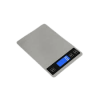
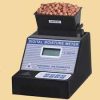
₦264,000.00



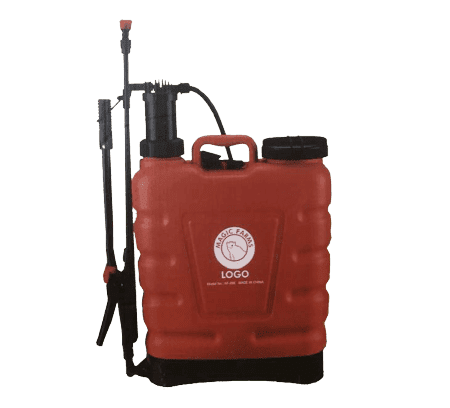
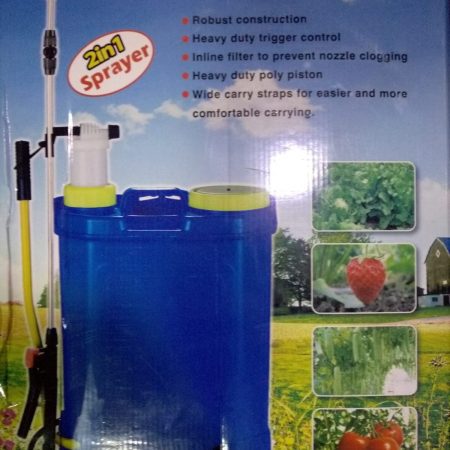
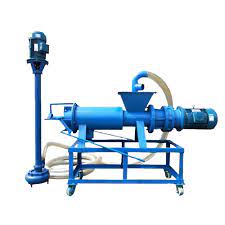
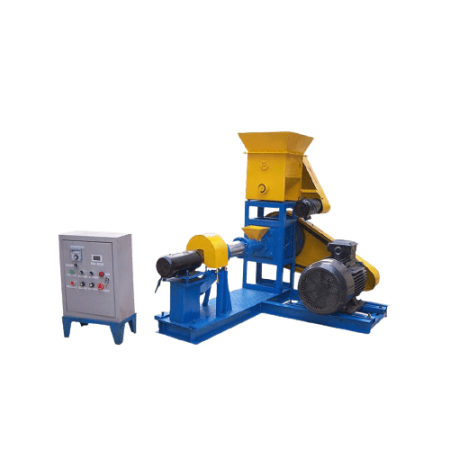
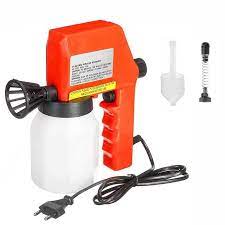
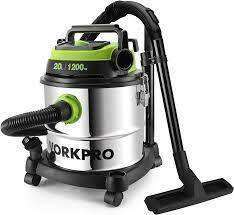
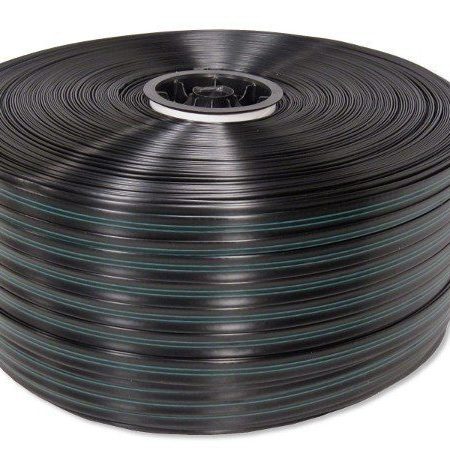
4.44
9 reviews for Standardized Weights (For Balance Scales)
There are no reviews yet.